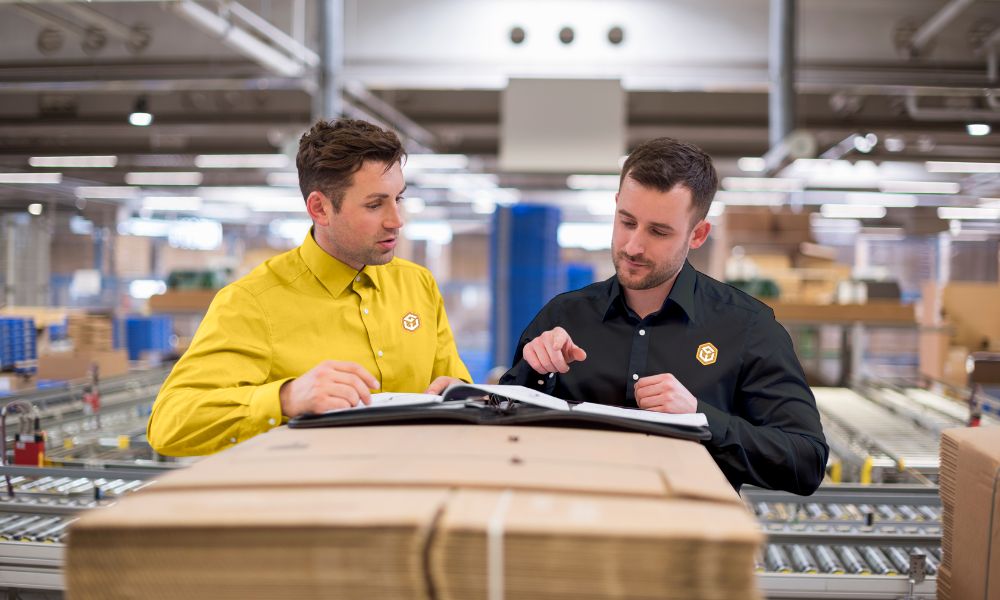
As businesses continue to flourish, there’s an ever-increasing demand for third-party services. When your business searches for outside services, you might wonder what the differences are between contract manufacturing and co-packing. Allow us to clarify the matter, focusing on each option’s unique characteristics and benefits, to help you determine which service is best for your specific needs. Choosing the right service is essential for a smooth and efficient experience.
Contract Manufacturing
In a nutshell, contract manufacturing means a company outsources the production of their products to a third-party manufacturer. This arrangement allows businesses to focus on their core competencies, such as marketing and sales. At the same time, the contract manufacturer manages the production process, quality assurance, and the timely delivery of the products.
The benefits of contract manufacturing include:
• Cost savings: Companies can save expenses on infrastructure, equipment, and labor, as the contract manufacturer already has these in place.
• Quality control and assurance: Contract manufacturers typically have well-established systems to ensure consistent and high-quality products.
• Scalability and flexibility: Contract manufacturing allows businesses to scale their operations easily and only produce and pay for the quantities they need.
Co-Packing
Co-packing, short for contract packaging, involves a similar outsourcing process but with a focus on packaging. A co-packer receives the finished product from the manufacturer, then packages and labels the products per the company’s requirements and specifications. For example, a co-packer will design and develop custom product boxes that align with a business’s vision for their product.
Here are some key benefits of co-packing:
• Expert packaging solutions: Co-packers have extensive knowledge and experience in the packaging industry, ensuring that your products are packaged efficiently and effectively.
• Equipment and technology: Co-packers usually have advanced tools and machinery to accommodate various packaging needs. This benefits businesses that may not have the resources for such specialized equipment.
• Time and resources: By outsourcing packaging, businesses can devote their time and energy to other aspects of their operation, such as product development, marketing, and building customer relationships.
Making the Right Choice: Contract Manufacturing or Co-Packing?
So, which service is the right fit for your business? If your primary concern is the manufacturing of your product, contract manufacturing is the way to go. On the other hand, if your focus is on creating visually appealing and customized packaging, utilizing a co-packer becomes the optimal choice. Their expertise in materials, design, and trends makes them invaluable for a successful product launch.
Knowing the differences between contract manufacturing and co-packing is crucial for making strategic operational decisions. From their distinct roles to the valuable benefits they offer, determining which service best aligns with your business goals will ensure a smooth process and the timely delivery of your products. Keep innovation, creativity, and sustainability in mind as you make your choice.



